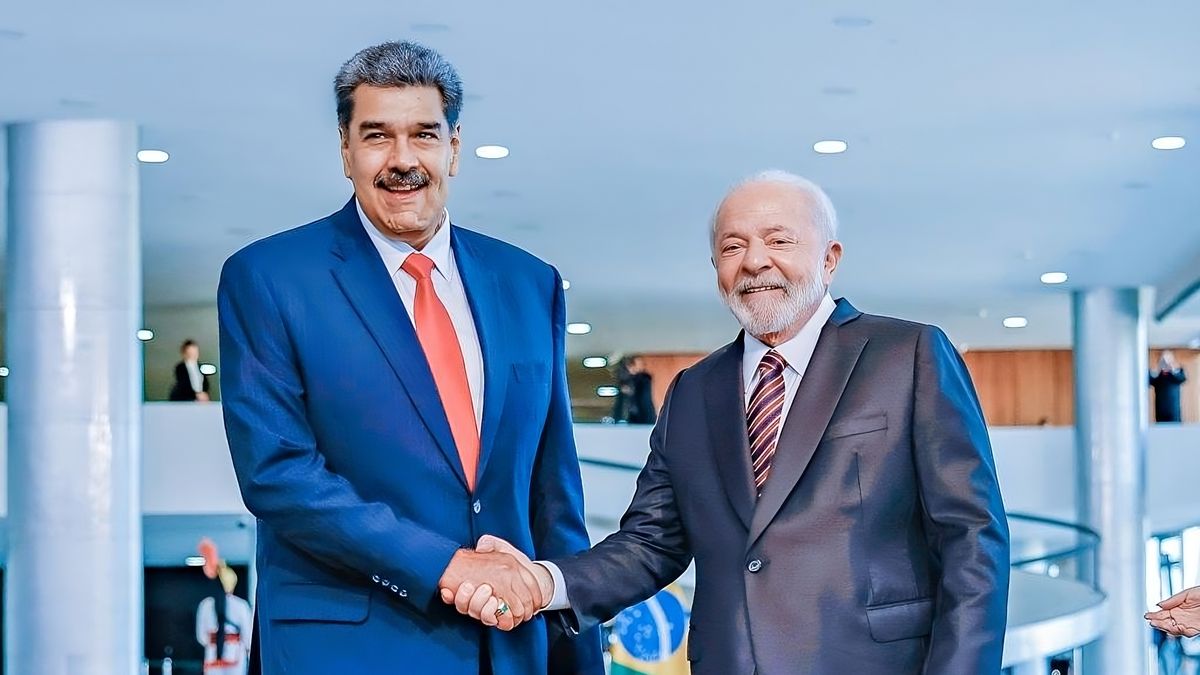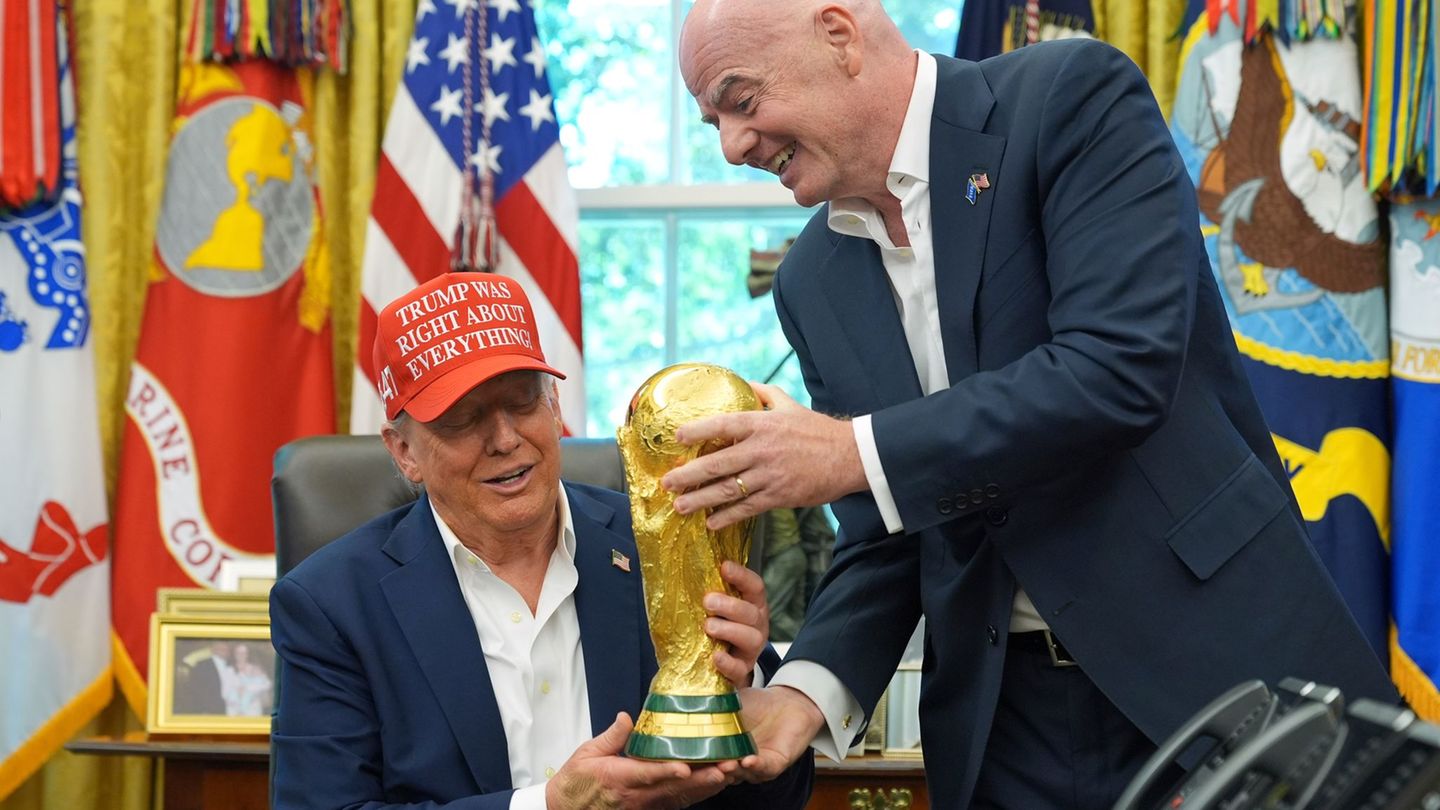Little remains of that chavismo that, hand in hand with Hugo Chavezboasted of not losing elections. These were times when there were no doubts about the transparency of the Venezuelan electoral system, although there were critical voices about how the system was organized. PSUV to its members on voting day.
Nicolas Maduro He was re-elected this morning. He was so according to data from a National Electoral Council (CNE) pointed out for years as being sympathetic to the government and which took several hours to report the results despite its standards being much faster thanks to the electronic voting. A National Electoral Council that did not allow opposition representatives to oversee the vote count.
In truth, no one can be surprised by what happened in VenezuelaThe formula is repeated: elections are called, the opposition’s free participation is restricted, fraud is denounced and both sides claim victory. The democratic pantomime seems to repeat itself ad infinitum.
Quickly, in the midst of the simulation of free and fair elections, several countries in the region, led by Uruguaytried to set parameters of acceptability of the electoral process. This campaign began months ago in parallel with the disqualification of opposition candidates, specifically Maria Corina Machadoto challenge Maduro for power.
Last night it was repeated in the face of the first fears of fraud arising from the delay in the counting of votes. Uruguay, Argentina, Peru, Paraguay, Panama, Costa Rica, Ecuador, Guatemala and Dominican Republic demanded transparency.
The regional movement, although valuable in its spirit, was weakened in advance by major absences, those of the progressive governments of Latin America: Chili (who ultimately condemned the fraud alone), Colombia and Brazil.
The reluctance of governments Gustavo Petro and Lula da Silva In conditioning the electoral process in Venezuela, making it clear that undemocratic practices would be unacceptable, has been a strength for Nicolás Maduro and his machinery.
A timid Lula da Silva dared to react belatedly on Friday to the threat of a “bloodbath” if the Chavista failed to win at the polls. “I was scared by Maduro’s statement, when you lose you leave,” he said. The Venezuelan told him to “have some chamomile tea.”
More than nine hours after the Venezuelan president declared victory, the silence in the Planalto on the result of the elections in Venezuela remains in the shadow of growing international condemnation. This is a huge contradiction for a Brazil that, as Lula promised when he took office, would once again assume diplomatic leadership in the region.
Source: Ambito




